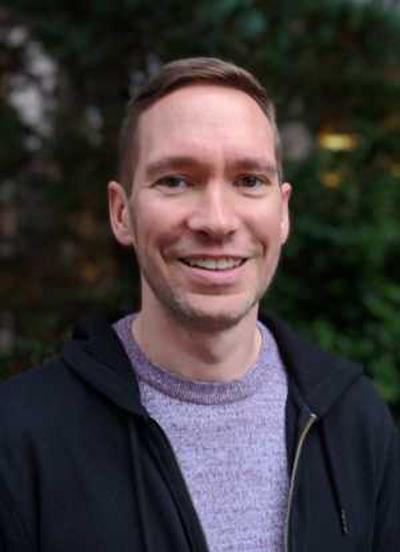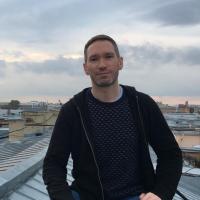
How can we leverage the access to students’ attention that we have in the classroom to inspire a deeper interest in history outside of it? This seems to be an excellent way for community college professors to act as true public scholars: using the wide range of students they encounter to shape perceptions and engagement with humanities.
My initial goal during my year as a Mellon Fellow for Reaching New Publics was to better acquaint myself with the community college system as a potential career path after graduation. This remains the basic organizing principle behind my shadowing of a community college mentor and our planned collaboration on curricular development. In working with Cristóbal Borges at North Seattle Community College, I have also been thinking more about his main goals for the year: finding new and creative ways to reverse the dropping interest in history that we see not only in class enrollments, but also in attendance at museums and public history events. How can we leverage the access to students’ attention that we have in the classroom to inspire a deeper interest in history outside of it? This seems to be an excellent way for community college professors to act as true public scholars: using the wide range of students they encounter to shape perceptions and engagement with humanities.
My first undertaking as a Mellon fellow has been to observe Cristóbal’s teaching, and I could immediately see how he was using his classroom time with students to encourage critical engagement with history. Each week he asked students to explore central historical questions such as primary source analysis or questions of causation in small groups. He grounded these topics with concrete tasks such as identifying the significance of a primary source or explaining the causes and consequences of a specific major event. I recognized the student-centered methods from language teaching, but had not seen it work so effectively in the history classroom. The students could articulate their thoughts in low-stakes peer conversations before moving to a large discussion. Group members and Borges asked pointed questions to push students to explain and justify their points. Whether discussing the causes and consequences of King Phillip’s War or the complexities of suffragist debates in the 19th century, students were not reluctant to share their thoughts or to try to make connections to larger themes in the course. Quieter students may have shared less with the whole class, but they had the chance to take notes and engage in small group discussion. The class time seemed to fly by, and by the end of it, the whole class had spent much of it not simply listening to a lecture, but thinking historically themselves. They learned that history is still debatable and worth discussing, not just by historians in books, but by all of us.
In this moment of political conflict, the value of greater historical understanding and critical engagement with sources seems particularly urgent. I am grateful to have this opportunity to work with educators who are doing their part to stimulate exactly that kind of engagement, contributing not only to the advancement of our profession, but also to helping to make history a subject that everyone thinks about and participates in more often.
This series features UW doctoral students reflecting on their experiences shadowing faculty at two-year colleges as part of Reimagining the Humanities PhD and Reaching New Publics, a program to develop innovative forms of graduate scholarship and teaching.
